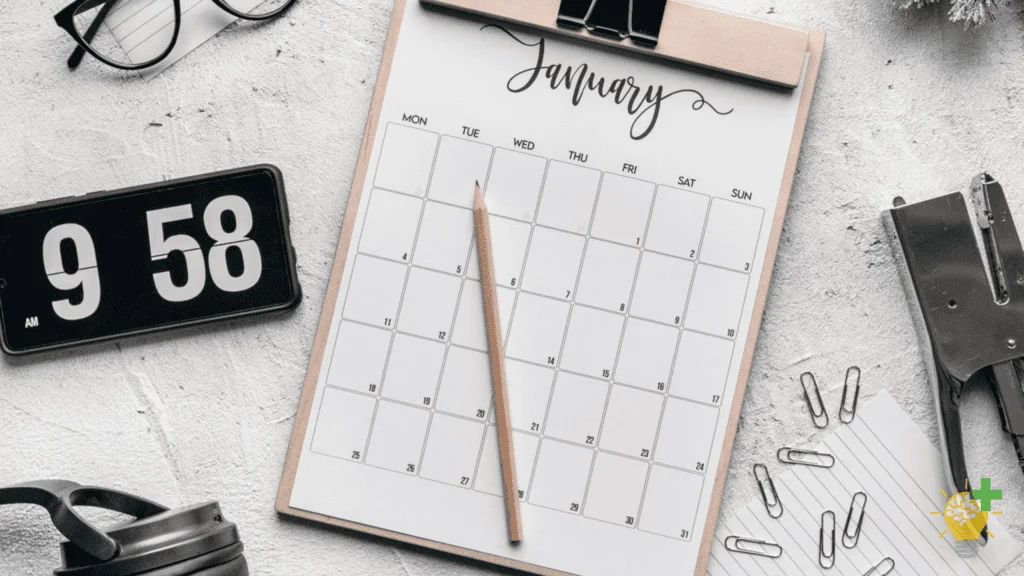No one has ever stretched themselves to reach their full potential by giving excuses. Self accountability – the quality of being consistent and dependable – is the surest way to achieve and sustain long-term success.
Everyone can develop personal accountability, but many people hardly know how to go about cultivating the quality.
You see, humans have what I like to describe as an internal accountability mechanism. It is the inner voice that criticizes us when we slip up and don’t do what we know we can.
Here’s the thing.
People with high personal accountability have discovered how to use self-criticism positively. Instead of allowing their inner critic to put them down, they simply use negative self-talk as a cue to re-examine their thought patterns and behavior.
This way, they spur themselves to constantly take action toward what’s important in their lives.
If you want to improve personal accountability and make criticism work for you, this quick post will show you exactly how.
But first, let’s define self accountability and consider its importance.
What Is Self Accountability?
Simply put, personal or self accountability is taking responsibility for your choices and results in life. It means understanding that your choices can have a negative consequence, so you take consistent steps to align your thoughts, words, and actions to work positively.
Personal accountability also means being committed to your life’s purpose and following through on your goals.
Understandably, you might not be able to complete all tasks or meet all commitments 100% of the time because you are human, and humans are fallible.
However, that’s not an excuse for complacency. Each time you cannot fulfill a commitment, you use that as a learning opportunity, learn your lessons, and find ways to improve in the future.
Why Self Accountability Is Important

You can achieve almost anything if you are serious about self-accountability. Accountability allows you to prioritize personal growth and never allow excuses to rule your life.
Self accountability frees you from the unattractive habit of complaining and helps you find better ways to do things when you make mistakes.
Instead of wallowing in self-pity and self-blame, personal accountability allows you to see the underlying message in criticism, whether from external sources or your inner critic.
Here are other important benefits of self accountability:
- Improves overall performance: Holding yourself accountable in one area of your life positively impacts other areas of your life. That’s because personal accountability helps you align your thoughts, words, and actions to live with integrity.
- Increases your sense of control: Controlling others is a sign of inner weakness. Accountability makes you own your actions because you know the only thing you can truly control is your thoughts and actions. This lets you focus on improving control over yourself rather than looking for external sources to blame for your inadequacies and mistakes.
- Makes you dependable: People can count on you to follow through on tasks, making you a valuable team asset.
- Creates healthy relationships: One of the positive habits that self accountability builds is the ability to take responsibility for your thoughts and actions. You always try to see how you contributed to a problem without shifting blame. This leads to healthier relationships at home and work.
- Builds trust: Family and friends can trust you more if you are accountable. You are more useful to your organization when they know they can count on you to deliver.
- Improves confidence: The more you prove to yourself that you are reliable, the greater your confidence will grow. This improves your self-esteem and helps you get through difficult situations more confidently.
5 Ways to Improve Personal Accountability
1. Become Intentional
The secret to self accountability lies in being intentional in life, which means periodically examining your beliefs and values.
If you must be dependable and highly accountable, your beliefs and values must include trustworthiness, loyalty, courage, and honesty.
By being intentional, you can identify any negative beliefs and values holding you back from reaching your full potential.
2. Identity and Stop Negative Inner Monologue
Remember the “internal accountability mechanism” I mentioned at the start of this article? Learn to use it to your advantage.
Pay close attention to your inner monologues, and identify negative and limiting beliefs. But don’t stop there.
While reframing negative self-talk is helpful, self-criticism can help you identify areas in your life you might need to improve.
For example, if you often catch yourself thinking, “I’m always running late!” you can reframe the thought, but it is also important to re-examine your values (which I discussed above).
Ask yourself:
- Is punctuality important to me?
- How can I improve and stop being late for appointments?
- Do I need to develop new habits like waking up earlier?
By reassessing your values and beliefs, you are using the information from your negative inner chatter or internal accountability mechanism to improve your life.
3. Connect Your Goals to Your Life’s Purpose
What are your goals? Do you see them as something you must achieve or desires you should have?
Seeing your goals as optional (things you should have) removes the urgency to achieve them. You’re less likely to give your all to pursue a big goal or action plan if you don’t see it as essential to your overall happiness.
Shift that thinking by connecting your goals to your life’s purpose. When you do this, it is easier to dig deep and accomplish them – no excuses!
4. Incorporate Time Management Skills
Time management is an important aspect of accountability because you’re less likely to follow through on projects or show up on time if you are short on time.
Improving your time management skills isn’t just about creating a to-do list. You need to learn and master:
- Scheduling
- Prioritizing
- Self-awareness
- Stress management
- Delegation
- Meeting deadlines
Categorize your tasks into important, unimportant, urgent, and not urgent. Identify tasks that need to be done right away and what should follow next, tasks that can be assigned or done later, and things that can be completely ignored because they are mere waste of your time.
5. Find Someone to Hold You Accountable
An accountability buddy or partner – someone to hold you accountable – is one of the best things you can do for yourself if you struggle with procrastination, inconsistency, or a lack of time management skills.
Many successful and highly effective people don’t go on their journeys alone; they lean on others to nudge them forward.
Don’t know how to get an accountability buddy? Here are a few suggestions:
- Find someone you trust (your partner, long-time friend, dependable co-worker), tell them what you’re hoping to achieve, and ask them to regularly check in on your progress.
- Hire a life coach to help you clarify your goals, create feasible plans, stick to your commitments, and reach your full potential.
- Join a mastermind group, share your goals with trusted group members, and ask for their help in getting there.
Bottom Line
You need self accountability to achieve consistent results and make constant progress. It might take a while to fully develop this quality, but every small effort counts, and the result is worth the effort.
Remember to befriend your inner critic and leverage the information it provides as a basis for self-reflection in your personal life.
Also, you don’t have to travel this journey alone. Getting to your destination all by yourself can be tough, and the tendency to give up is high. For this reason, I recommend getting an accountability partner to help you along your journey.





